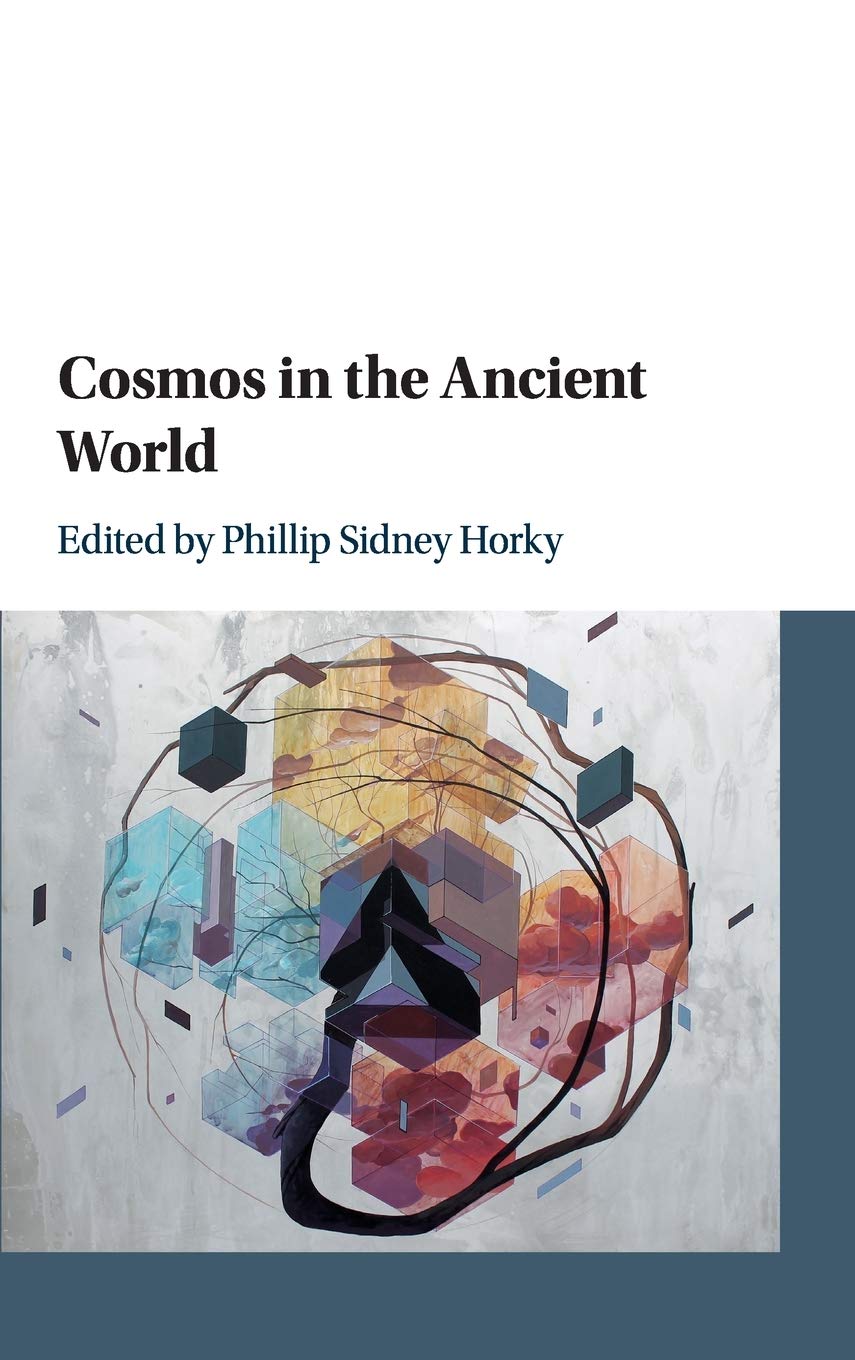Edited by Phillip Sidney Horky (NHC Fellow, 2016–17)

Cambridge, UK: Cambridge University Press, 2019
From the publisher’s description:
How did the ancient Greeks and Romans conceptualise order? This book answers that question by analysing the formative concept of kosmos ('order', 'arrangement', 'ornament') in ancient literature, philosophy, science, art, and religion. This concept encouraged the Greeks and Romans to develop theories to explain core aspects of human life, including nature, beauty, society, politics, the individual, and what lies beyond human experience. Hence, Greek kosmos, and its Latin correlate mundus, are subjects of profound reflection by a wide range of important ancient figures, including philosophers (Parmenides, Empedocles, the Pythagoreans, Democritus, Plato, Aristotle, the Stoics, Lucretius, Cicero, Seneca, Plotinus), poets and playwrights (Sophocles, Euripides, Aristophanes, Plautus, Marcus Argentarius, Nonnus), intellectuals (Gorgias, Protagoras, Varro), and religious exegetes (Philo, the Gospel Writers, Paul). By revealing kosmos in its many ancient manifestations, this book asks us to rethink our own sense of 'order', and to reflect on our place within a broader cosmic history.
Subjects
Philosophy / Ancient Greek Philosophy / Ancient Roman Philosophy / Cosmology /Horky, Phillip Sidney (NHC Fellow, 2016–17), ed. Cosmos in the Ancient World. Cambridge, UK: Cambridge University Press, 2019.